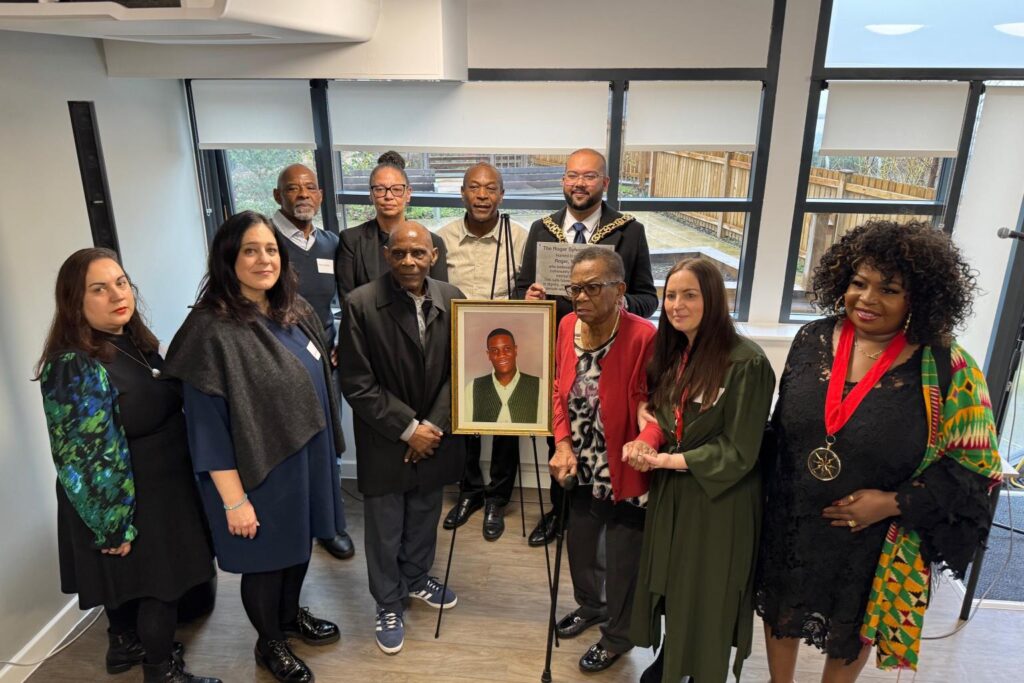We speak to Dr Niall Boyce about his new, free weekly newsletter that aims to keep us up-to-date on the latest advances in mental health science.
After qualifying as a psychiatrist, Dr Niall Boyce worked in a range of jobs in the North London psychiatry training rotation but specialised in old age. In 2010, he left the NHS to become senior editor of the medical journal the Lancet and then launched the Lancet Psychiatry as editor in chief. In 2021, he joined the Wellcome Trust as Head of Field Building, with a remit to explore ways of improving the mental health field by being more collaborative, coherent and focused.
Now, in his own time, Niall has started the weekly Thought Formation newsletter to keep readers up-to-date on the latest scientific advances in mental health. Niall spoke to Social Care Today about the initiative.
We should probably make something clear to begin with: Thought Formation is not part of your job at the Wellcome Trust.
No, it’s not. That’s said, as part of my job I have to keep up with the mental health literature. Every week, I look at all the journals — the tables of contents — and also online at what’s doing business on social media. To begin with, as I was doing that, I would point out interesting papers to my colleagues and send people notes about things I’ve been reading. I then started a thread on X [formerly Twitter] of papers I found interesting, and that proved to be very popular. So I thought I’d make my initial thoughts on new mental health research available to a wider audience, while also having a repository for my own use of things I’ve read and taken note of. I started the Thought Formation newsletter at the beginning of this year.
What selection criteria do you use for the papers you cover?
To be to be honest, it’s quite idiosyncratic: it’s whether I find something interesting.
Now, I’ve been in mental health care in one form or another for about 20 years and you see papers on the same themes recurring, with findings published that build very slightly on older findings. Good, useful and important work — but maybe not unexpected. Less often, you get something new and unusual which makes you sit up. That might be something very scientifically innovative, maybe looking at mental health from a totally new angle. Or it might be a new spin on an old problem. I find those kinds of things interesting.
Photo by Jesse OrricoThe newsletter isn’t intended to be a big systematic review of the literature — we already have those and they’re great. The newsletter is more as though we’re having coffee together and I say, ‘Have you read this? It’s got me thinking…’
What’s interesting at the moment in mental health?
I’m very interested in new treatments emerging in psychiatry, which is absolutely fantastic. We’ve often been using the same treatments for years. When I was in practice, we used antidepressants that were largely developed — in their modern form — in the 1980s. Antipsychotics haven’t fundamentally changed since the 1950s. Lithium is from the 1940s. Treatments such as ECT were developed in the 1930s. It’s a medical speciality where we use things that are decades old. They’re effective but could be better. In fact, they don’t work for everyone, and we still can’t predict what will work for any individual patient. I think we also have to be frank about the side effects that many medications have, which can be substantial and difficult for patients to deal with.
That’s why it’s good to see new treatments emerge. Some of these are pharmacological. For example, there’s a new antipsychotic coming through called KarXT which looks very promising and works in a totally different way to old antipsychotics. Then there are new psychosocial and digital treatments. I’m particularly interested in Avatar therapy. When I was in practice, if a patient heard voices there wasn’t much I could do. It was a diagnostic criteria but not something you did anything therapeutic with. But Avatar therapy uses digital technology to simulate those voices and help people engage with them in a more positive, constructive way, so the patient lives a better life. That is hugely exciting.
Our readers tend to work in or with the social care sector, which is facing big financial pressures. Is that being addressed in the literature as well?
Absolutely. I think that the social aspect of mental health is increasingly recognised as important. One paper that I picked up on this week is a systematic review and meta analysis of mental health disorders among people experiencing homelessness, meaning that the authors got every publication they could find on this topic and looked at all the numbers. They show that people experiencing homelessness have drastically high rates of mental illness across the board. For instance, the current prevalence of psychotic disorders in the general population is something like 0.4% but with people experiencing homelessness it’s more like 14%. That’s a massively increased risk. From a social care point of view, that suggests a dire need for intervention. And it’s interesting to look at the kinds of social interventions that could improve people’s mental health, such as Housing First schemes.
Another paper that I mentioned this week is an opinion piece in the New England Journal of Medicine on cash transfers as a means of promoting physical and mental health. That’s immensely interesting because the New England Journal of Medicine has traditionally been very clinic-orientated. I think it’s a very significant move for them to publish a paper that pulls out the focus a bit to look at the wider social picture and then suggest what are essentially social interventions for health.
What are your plans for the newsletter in future?
Well, it’s early days and I’m still growing an audience. My only intention has been to share information to start a conversation. I didn’t want to hype particular papers, as there can be a hype problem in science in general, and especially in medical research. And I didn’t want this to be about debunking or rubbishing things. Research into mental health — and probably into social care, too — is very difficult. Results will always be qualified by issues with the research design, some of which are totally unavoidable. My hope is that the newsletter expresses my enthusiasm for the great things that mental health science can do, but with appropriate caution about taking results from single studies as a picture of the whole.
After 20 years in this business, everything that I’ve learned about mental health can be summarised in two words: it’s complex. Some people look at that complexity and feel defeated. The feeling is that there are too many threads in this particular tangle for us to get grips with. But I think that complexity might actually be a benefit, because it means that all kinds of people from every discipline and walk of life have something positive to contribute. That’s what I hope to reflect in the newsletter: this diversity of approaches.
In related news:
Alcohol killed a record number of people in 2022, research shows
Over 1,000 carers have completed their training in Birmingham
Children’s nose cells can help them fight off Covid, research shows


















Leave a Reply